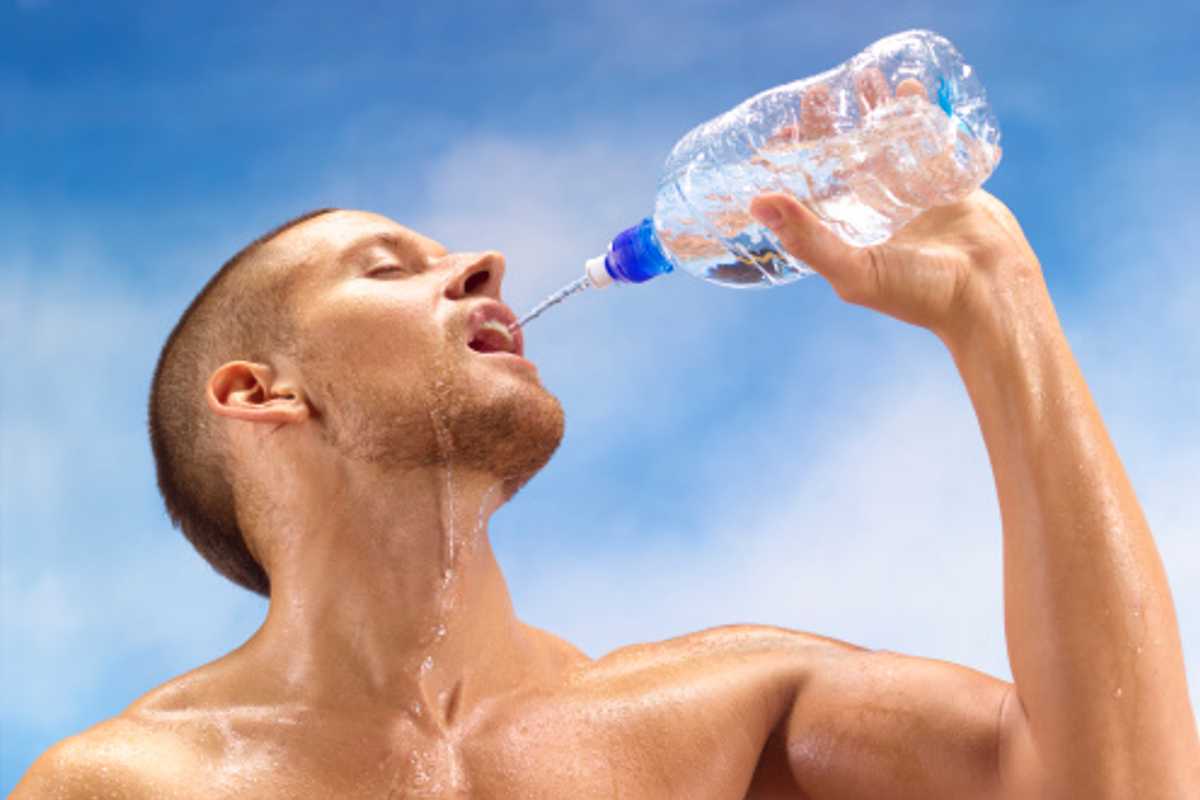Fitness Tips: How to Keep Hydrated

Fitness Tips: Hydration is the golden rule of exercise. The average human body consists of about 60-70% water. When you exercise, you sweat and this means a loss of fluid in your body. It’s important to constantly replenish your body’s supply of fluid for your well-being because without doing so, your organs will have to strain to do their jobs. But what’s the best way to keep on top of hydration? Plain water or fancy sports drinks? Well, it really depends on what you’re doing:
Water
Being the essence of life, water is the natural choice of hydration. Nothing hydrates better, both before and during exercise. What’s more, it’s basically free! For every 15-20 minutes of regular exercise, you should be drinking around 115-170mL (4-6 oz) of water. A practical setback of water is that it tastes bland so people lose interest in drinking it regularly. Also, drinking a lot of water sends a signal to the kidneys that there’s excess fluid in the blood, blocking the anti-diuretic hormone (vasopressin) which helps retain water, resulting in signals for the body to urinate. This results in lowering your fluid levels, so you have to keep topping up.
Sports Drinks
By contrast, sports drinks have an advantage over water because they replenish electrolytes lost through perspiration. They also contain sodium, which helps to retain water and allows fluid to get to where it’s needed in the body during exercises, such as your muscles and blood. While sports drinks don’t hydrate as well as water, they do have the advantage of being tasty, which encourages people to keep drinking during exercise to keep fluid levels high. They can also give you a carbohydrate boost to increase energy levels.
Also Read: Insider Tips for Muscle Building
Intensity Levels
For all the added minerals and supplements packed into sports drinks, however, for everyday exercise conducted at low to moderate intensity, water does just as good a job. Sports drinks are useful for athletes who exercise at high intensity for an hour or more. It’s not really necessary to replace losses of sodium, potassium, and other electrolytes during normal exercise because you’re unlikely to significantly deplete your body’s reserves of them; and calorie intake during exercise isn’t really necessary for ordinary people.
Whatever your choice, make sure at all levels of training you prioritize hydration. In fact, make sure you are hydrated before exercise and begin drinking around 2 hours before, then top up regularly during exercise. If you’re feeling thirsty during exercise, it’s actually a sign dehydration is already setting in. It’s important to rehydrate your body after your workout as well to replace the fluid you’ve lost.